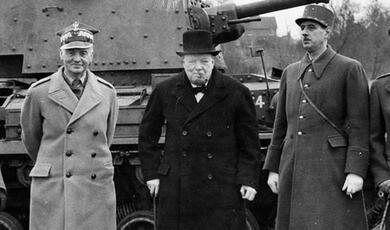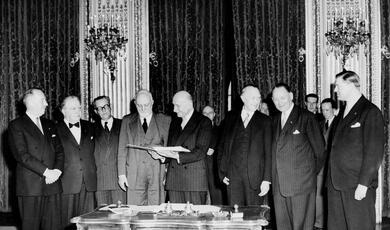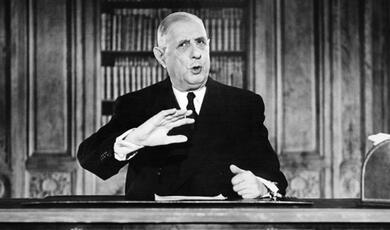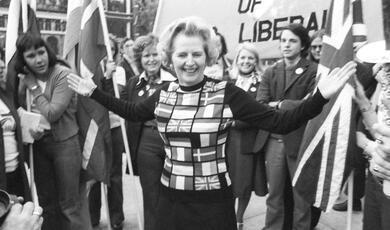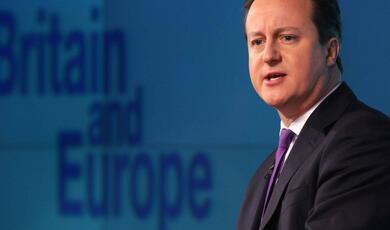The issue of Britain’s relationship with the Continent has convulsed British politics for over fifty years. In 1963, President de Gaulle’s veto of Britain’s first application severely and perhaps fatally damaged Harold Macmillan’s Conservative administration. In February 1974, another Conservative Prime Minister, Edward Heath, narrowly lost a general election in which the Labour Party’s promise of a referendum on Europe and Enoch Powell’s support for this policy may have been decisive. In 1990, the next Conservative Prime Minister, Margaret Thatcher, suffered the resignation of her deputy, Sir Geoffrey Howe, on the issue of Europe. This led to a leadership election and to her resignation. The period in office of her successor, John Major, was marked by bitter conflict within the Conservative Party over the Maastricht Treaty. David Cameron’s administration too has been threatened by divisions over Europe, and that is one important motive for his proposal of renegotiation to be followed by an in/out referendum.
The Labour Party also has been riven by conflict over Europe since Hugh Gaitskell broke with many of his supporters in 1962 by opposing British entry into the EEC. In the early 1970s, Gaitskell’s successor, Harold Wilson, proposed a constitutional innovation – the referendum – to hold the party together. This led, in 1975, when the referendum was held, to another constitutional innovation – an ‘agreement to differ’ by which Cabinet ministers opposed to Europe could campaign against the government’s recommendation that Britain should remain in the EEC. In 1981, Labour in opposition, came to support exit from the EEC.


 Login
Login

